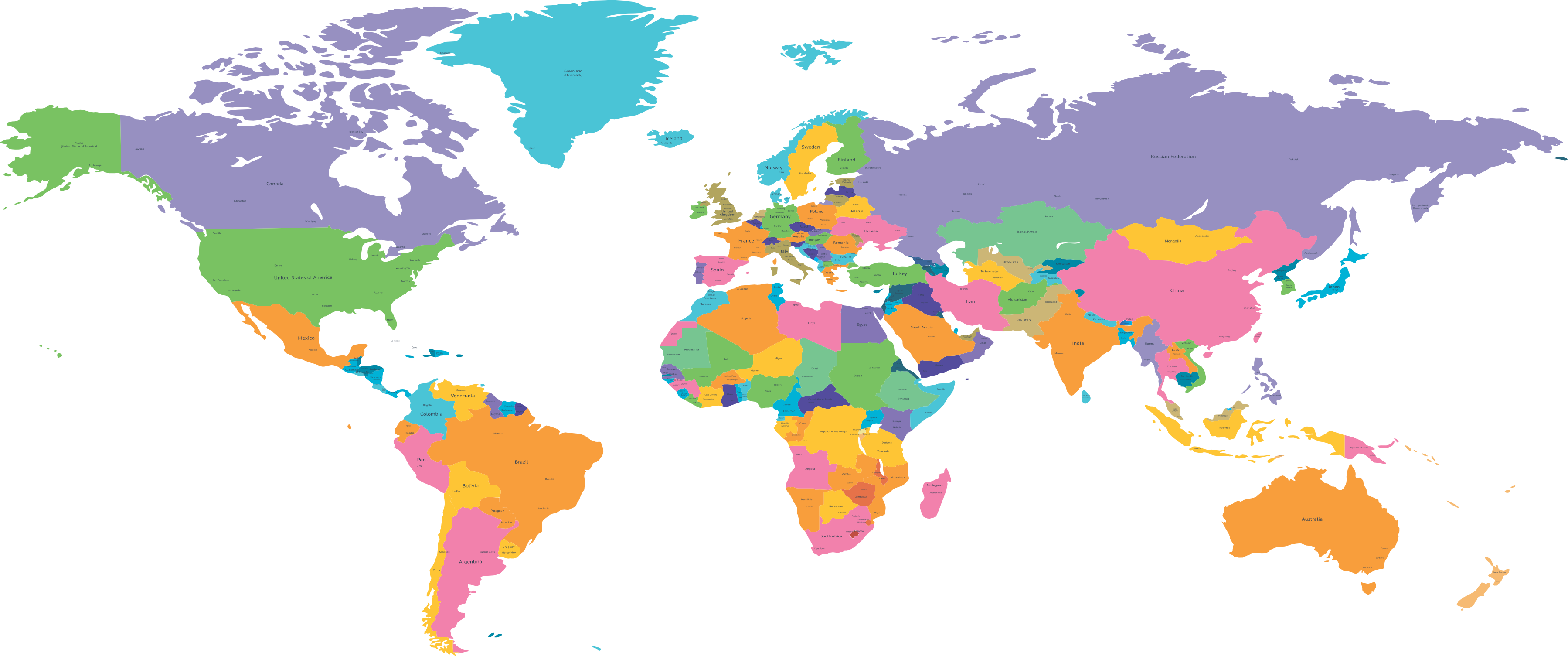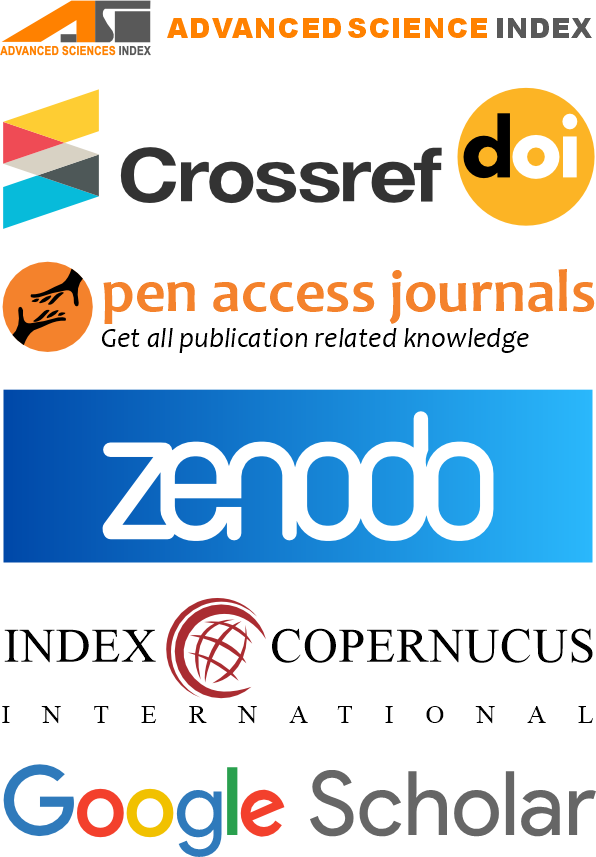Blind Review: The review process is double-blind, ensuring the anonymity of both authors and reviewers. This helps maintain objectivity and prevent bias in the evaluation of manuscripts.
Review Criteria: Reviewers assess manuscripts based on criteria such as originality, methodology, significance of findings, clarity of presentation, and adherence to ethical standards. Constructive feedback is provided to authors to improve the quality of their work.
Timeliness: The journal is committed to providing timely reviews to authors. Reviewers are encouraged to adhere to deadlines and provide feedback within a reasonable timeframe to facilitate the publication process.
Conflicts of Interest: Reviewers are expected to disclose any potential conflicts of interest that may influence their evaluation of a manuscript. Efforts are made to avoid assigning reviewers with conflicts to ensure impartial assessments.
Reviewer Recognition: The contributions of reviewers are acknowledged and appreciated by the journal. Recognition may include certificates, acknowledgments in published articles, or other forms of appreciation for their valuable service.
Feedback and Decision-making: Authors receive detailed feedback from reviewers to help them improve their manuscripts. Based on reviewers' recommendations, the editorial board makes decisions regarding acceptance, revision, or rejection of submissions.
Appeals Process: Authors have the opportunity to appeal editorial decisions if they believe there are valid reasons for reconsideration. Appeals are handled with transparency and fairness to ensure that all concerns are addressed appropriately.
Quality Assurance: The journal maintains high standards of quality in the peer review process to uphold the credibility and integrity of published research. Continuous monitoring and evaluation of the review process are conducted to ensure its effectiveness.



